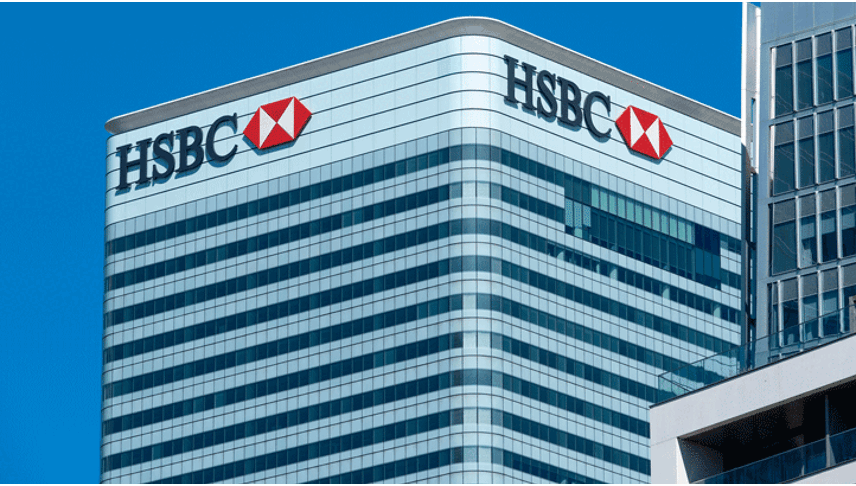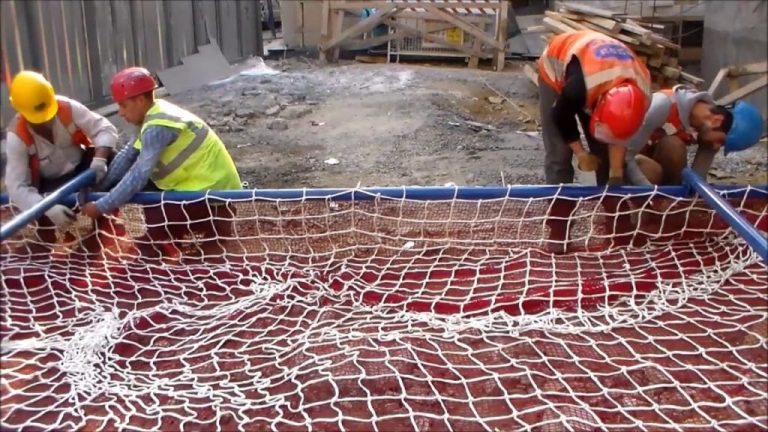HSBC is preparing to unveil its third-quarter financial results, and the numbers tell a nuanced story of challenges and strategic repositioning. The banking giant anticipates a pre-tax profit of approximately US$7.66 billion, representing a 9.7% year-on-year decline but a notable 21.1% improvement from the previous quarter.
Analysts from over ten brokerages project a slight 1.6% annual decrease in revenue, with expected earnings of US$16.72 billion. The bank’s net interest income is expected to remain relatively stable at US$10.6 billion, while fee and other income are predicted to drop to US$6.12 billion. Credit loss expectations show a modest 4.3% year-on-year increase, totaling US$1.03 billion.

The most intriguing aspect of HSBC’s current financial narrative isn’t just the numbers, but the strategic move to privatize Hang Seng Bank. This proposed acquisition has captured significant market attention, with investors and analysts eagerly awaiting detailed explanations about the rationale behind the transaction.

Kenny Wen Kit from the Hong Kong Institute of Financial Analysts and Professional Commentators highlighted critical questions surrounding the privatization. Why now? What justifies the 1.8 times price-to-book value offer? What specific synergies does HSBC anticipate? These questions underscore the complexity of the strategic move.
:max_bytes(150000):strip_icc()/INV_HSBCBuildinginLondon_GettyImages-1601135443-2b7bebd1821c4794a9a3dc60b103224e.jpg)
JP Morgan provides additional perspective, suggesting that the short-term market impact of the Hang Seng privatization is already reflected in HSBC’s stock value. However, the investment bank notes that without comprehensive quantitative guidance, investors cannot fully assess potential revenue synergies or cost optimization benefits. They anticipate more detailed insights will emerge in the second quarter of next year.
As part of the privatization process, HSBC has confirmed it will pause share buybacks from the third quarter of 2025 through the first quarter of 2026, with a planned US$5 billion buyback deferred to 2026/2027. This decision reflects the bank’s careful financial planning during this transitional period.
The bank’s wealth business offers a bright spot, projected to maintain a robust 15% annual growth rate, driven by strong stock market turnover. However, commercial real estate (CRE) credit quality remains a significant concern for analysts and investors.
For the first nine months of the year, HSBC’s pre-tax profit is estimated at US$23.47 billion, a substantial 21.9% decrease compared to the same period last year. Despite this decline, the bank plans to maintain a steady dividend of 10 US cents per share, aligning with market expectations.
Investors like Wen suggest a cautious approach, recommending potential phased buying if HSBC’s share price falls to around HK$100. JP Morgan emphasizes that the upcoming quarterly results will be the primary short-term driver for HSBC’s stock price, with key volatility factors including CRE impact, transaction banking fees, and credit costs.
As HSBC prepares to unveil its results, the financial world watches closely. The bank stands at an interesting juncture – navigating profit challenges while simultaneously executing a significant strategic move with the Hang Seng Bank privatization. The management’s upcoming briefing will be crucial in providing clarity and direction for investors seeking to understand the bank’s future trajectory.











